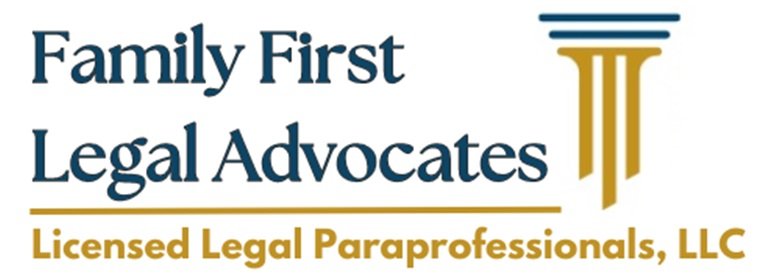Exploring Colorado's Licensed Legal Paraprofessional: C.R.C.P. 207.1
In a landscape where legal services are often synonymous with high costs and complex procedures, Colorado has taken a progressive step by introducing the role of the Licensed Legal Paraprofessional (LLP) through C.R.C.P. 207.1. This groundbreaking rule represents a significant shift in how legal services are delivered and is aimed at making the legal system more accessible to a broader range of people.
What is C.R.C.P. 207.1?
C.R.C.P. 207.1 is a rule established by the Colorado Supreme Court under the Colorado Rules of Civil Procedure (C.R.C.P.) that introduces the Licensed Legal Paraprofessional. This role is designed to bridge the gap between legal assistants and attorneys, providing a new tier of legal professional who can offer specialized services to clients, particularly in areas where traditional legal representation may be cost-prohibitive or otherwise inaccessible.
The Role and Responsibilities of a Licensed Legal Paraprofessional
A Licensed Legal Paraprofessional in Colorado is authorized to perform a range of legal tasks traditionally reserved for attorneys, with some important limitations. These professionals are equipped to handle certain types of cases and legal matters independently, which includes:
Providing Legal Advice: LLPs can offer legal advice and counsel on specific types of legal issues within their authorized practice areas.
Representing Clients in Court: They can represent clients in divorces and family matters, including administrative hearings and some types of court proceedings.
Drafting Legal Documents: LLPs are authorized to prepare and file legal documents, such as pleadings and motions, on behalf of their clients.
Negotiating Settlements: They can negotiate settlements and handle certain aspects of client advocacy.
However, it’s important to note that LLPs do not handle criminal law, civil, dependancy and neglect and some other legal matters, and their scope of practice is limited to specific areas as determined by the Colorado Supreme Court.
Why C.R.C.P. 207.1 Matters
The introduction of LLPs through C.R.C.P. 207.1 is a transformative development for several reasons:
Increased Access to Legal Services: By enabling LLPs to provide affordable legal assistance, the rule addresses the gap in access to legal services, especially for individuals who cannot afford traditional attorney fees.
Efficiency in Legal Proceedings: LLPs can streamline certain legal processes by handling cases that do not require the full expertise of an attorney, thereby allowing attorneys to focus on more complex legal issues.
Professional Development: The rule opens new career pathways for legal professionals who may not have completed a full law degree but have substantial legal knowledge and expertise.
The Path to Becoming a Licensed Legal Paraprofessional
Becoming an LLP in Colorado involves meeting specific educational and professional requirements. Candidates must:
Obtain Relevant Education: Complete a paralegal program or equivalent education that includes coursework in the areas of law they wish to practice.
Pass the Required Examination: Successfully pass an examination that tests knowledge and competency in the designated areas of practice.
Fulfill Experience Requirements: Accumulate a certain amount of practical experience in the legal field, demonstrating proficiency in handling legal matters.
The Future of LLPs in Colorado
The implementation of C.R.C.P. 207.1 is still relatively new, and its impact on the legal profession and the public is continually evolving. As the role of LLPs becomes more established, it’s expected that they will play an increasingly important role in providing essential support in areas where legal representation is critically needed.
In conclusion, C.R.C.P. 207.1 marks a significant step forward in the evolution of legal services in Colorado. By introducing the role of the Licensed Legal Paraprofessional, the state is not only enhancing access to justice but also reshaping the legal landscape to better serve its residents. This development offers a promising glimpse into a future where legal assistance is more inclusive, accessible, and efficient.
